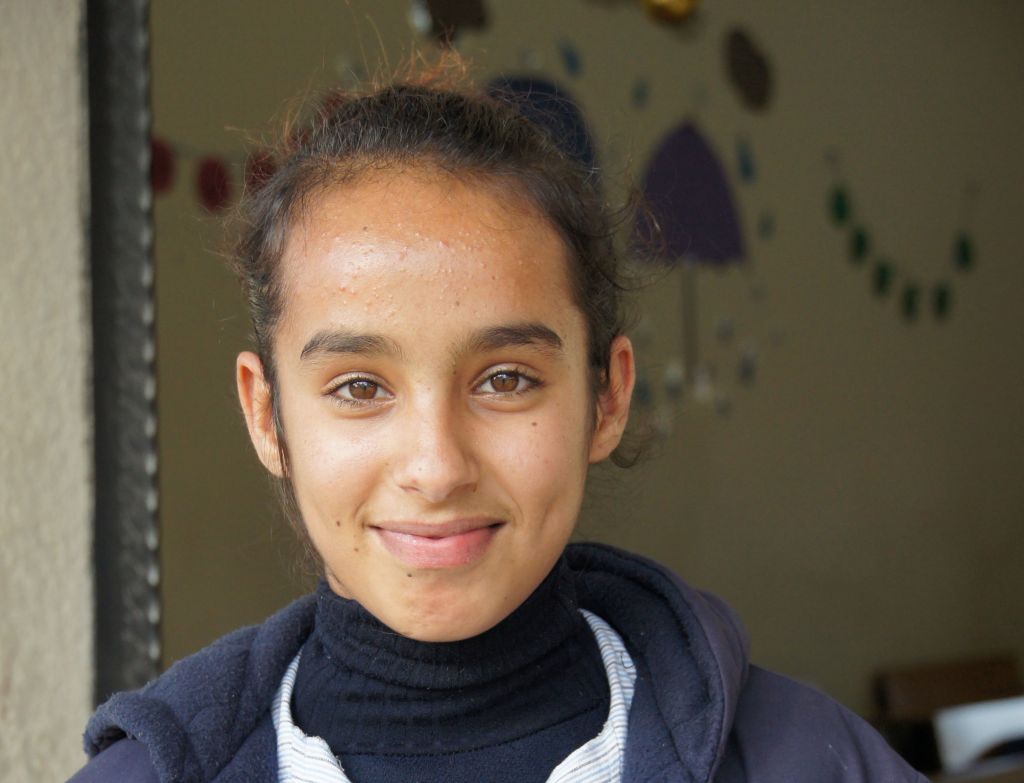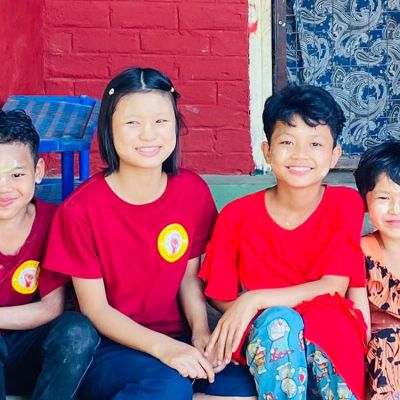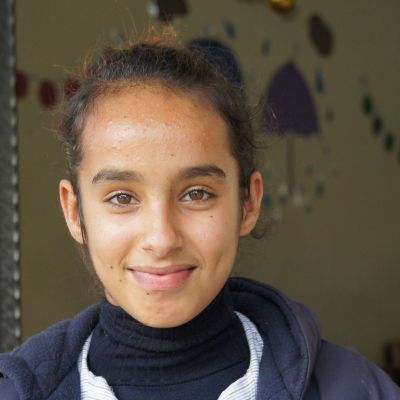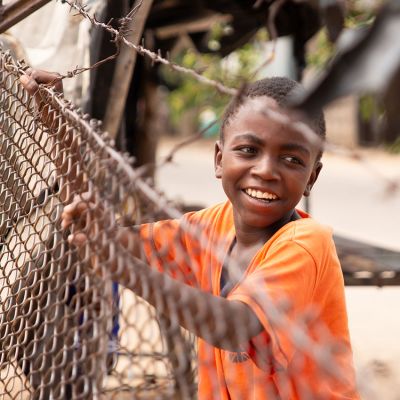Written by Edward Lai (Senior Communications Officer)

‘I really enjoy coming to the learning centre. Whenever I am here, I feel extremely happy. I never want to miss out on my daily study sessions at the centre!’ said Bayane, a 14-year-old Syrian refugee.
In Lebanon, 90% of Syrian refugee families live in extreme poverty, a condition characterised by severe deprivation of basic human needs, including food, shelter, sanitation facilities. Refugee families are already under considerable financial strain. In order to survive, they usually resort to negative coping mechanisms, including child labour.
Since 2019, CEDAR has been supporting the operation of two learning centres, ran by our partner Middle East Revive and Thrive (MERATH), in two towns in the Bekaa Valley, home to the lowest school attendance rate in the country. These centres provide education for refugee children, using the government-approved basic literacy and numerical curriculum, which covers Arabic, English, and Mathematics courses. They also provide an additional class in Science, as well as organise sports, music, and craft activities, so the refugee children will be better integrated into formal school in the future.
In addition, these centres act as havens where children are able to recover from trauma. MERATH reported that children have shown improved signs of psychosocial wellbeing. Children are more sociable and many of them have found their best friends through the centres.
Like the other 400 students, Bayane, who is from Syria’s city Raqqah, treasures every opportunity to learn. Last year, Lebanon’s COVID-19 lockdown caused the two centres to close for several months. MERATH responded quickly by shifting classes online, and providing students with remote learning through their smartphones. Some of the teachers were even given technological training to create play-based interactive videos to enhance students’ learning experience. We are pleased to witness the adaptiveness of our partner, enabling students to continue learning during the lockdown.
By the time of writing, the centres have resumed face-to-face teaching. Benefited by the learning opportunities, Bayane has grown to be a good helper in her family, handling various documents and some other miscellaneous tasks. No wonder his grandfather said thankfully, ‘We thank God for having Bayane! She has learned and grown so much. I hope that she continues learning more and more as she grows!’
Please support ‘Join Hands Join Hearts’ donation campaign.
ARTICLES OF THIS ISSUE
Written by Edward Lai (Senior Communications Officer) ‘Our dream has come true! We may have our new house very soon. W…
Written by Edward Lai (Senior Communications Officer) ‘I want to become a doctor when I grow up,’ said Bayane. ‘I real…
Written by Dr. Sarah Shea (Assistant Professor of Hong Kong Baptist Theological Seminary, Vice President of Asia Acade…





